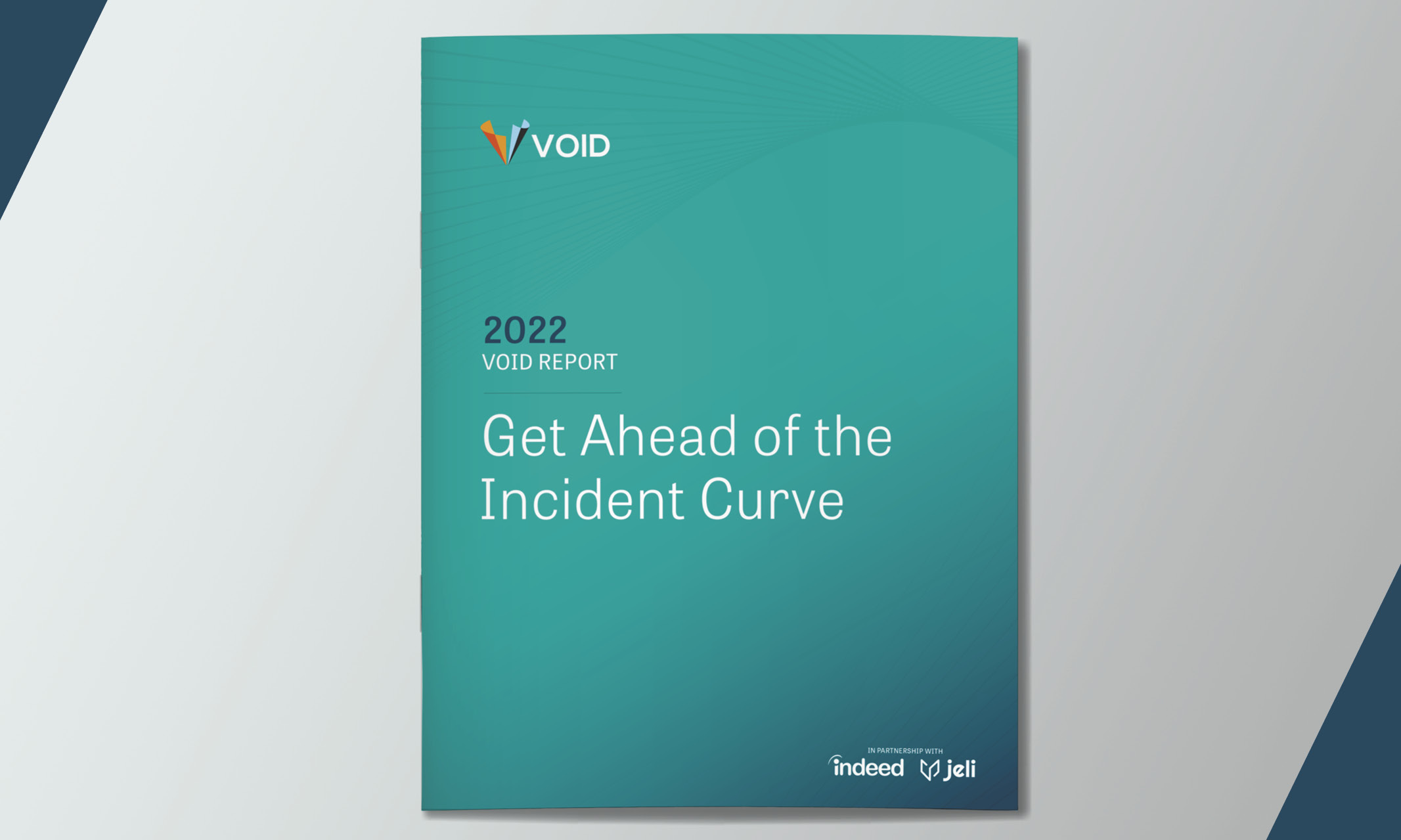Courtney Nash on the VOID: An Interview by InfoQ

Our resident Incident Librarian Extraordinaire, Courtney Nash, sat down with Matt Campbell of InfoQ to discuss findings and learnings from the VOID in more detail.
Readers of this blog will be familiar with some of the key takeaways from the interview:
- Over half of incidents tracked in The VOID are resolved externally within two hours.
- MTTR (and all related mean-based measurements of incidents) can be unreliable because of the positively skewed data occurring with incident duration. In addition to being misleading, they may overly simplify the complexity of studying incidents.
- In lieu of MTT* data, use SLOs or Cost of Coordination data instead.
- Reporting on the root cause of an incident may be negatively impacting your analysis and organization. Incidents are highly complex and rarely reducible to a single cause and when they are that cause tends to be mislabelled as “operator error”.
- While the database contains few near miss reports, these reports can often be more insightful as they lack the pressure of restoring service.
We recommend sharing the article with friends and colleagues who are not familiar with the VOID or the findings of the 2021 report. It is a quick intro to some of the most important findings of the report.
Read the full article at InfoQ.
The Verica Open Incident Database (VOID) gathers publicly available software-related incident reports to make these freely available in a single place. At the time of writing, the database contains over 1800 reports from close to 600 organizations. We want you to be part of the VOID whether you add reports to the VOID or become a member. Submit an incident today or contact us to become a VOID member.

Get Ahead of the Incident Curve
Discover key findings which confirm that accepted metrics for incidents
aren’t reliable and aren’t resulting in correct information.






